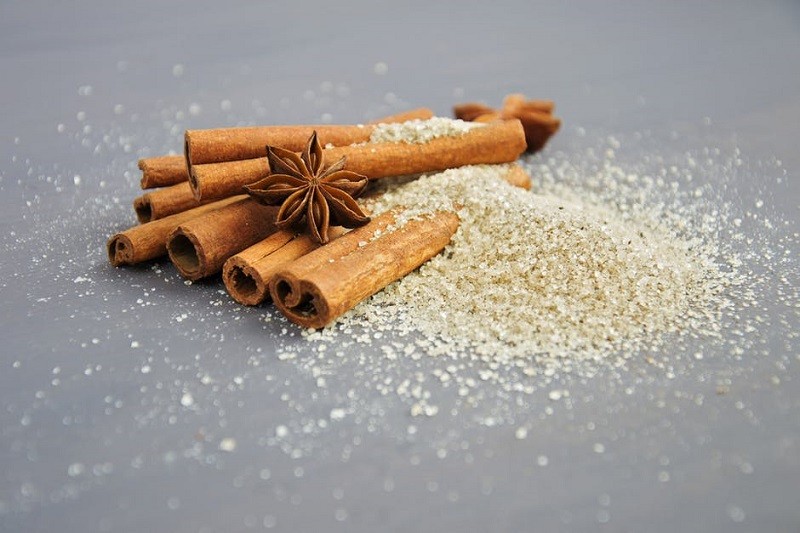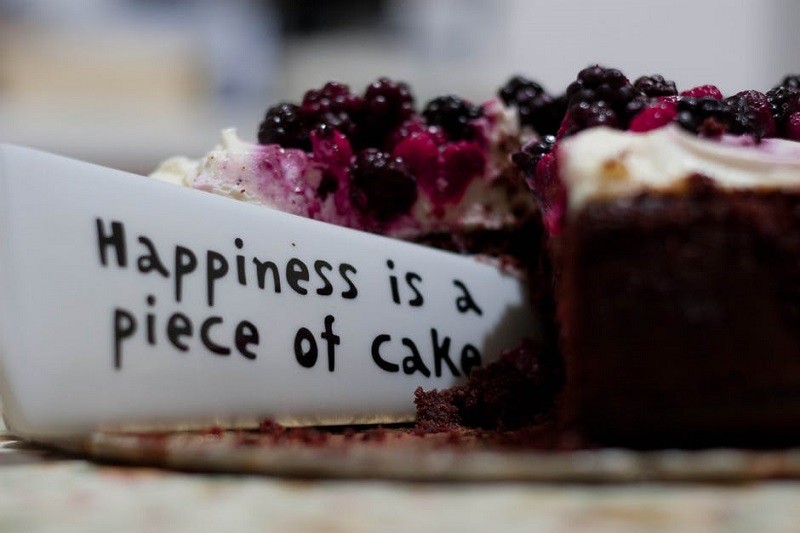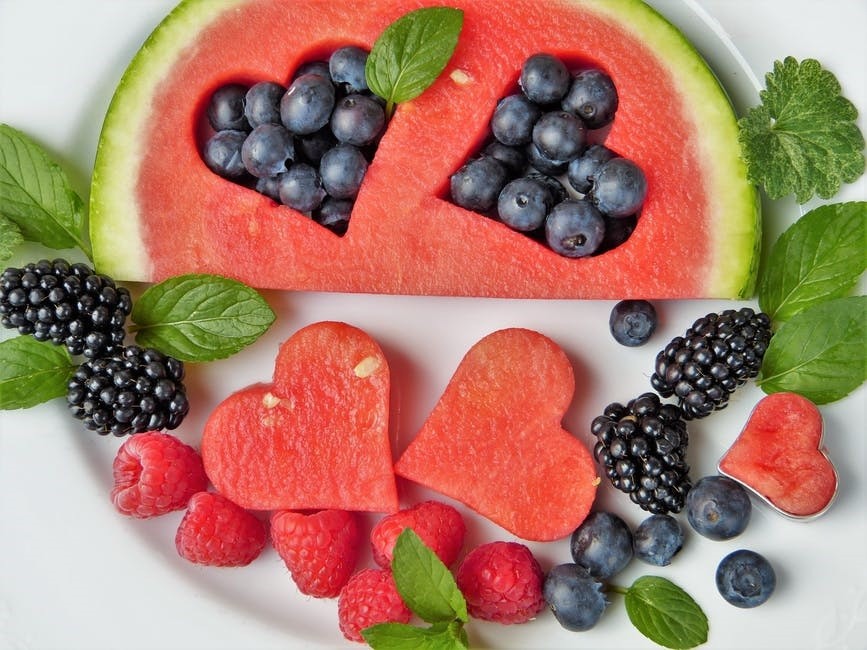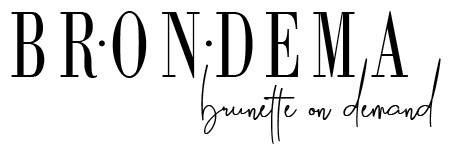“Is sugar good for you?” – a poor soul asked.
A question for one of the PTs at the gym I go that I overheard the other day. To my disbelief and a huge shock, that personal trainer answered no to that guy! What knocked me out wasn’t the negative response as he was and is, more or less, right. What hit me like a ton of bricks was his explanation that ‘sugar is sugar – it doesn’t matter where it comes from’.
“It doesn’t matter if you’re eating a kebab or doughnut” – he continued.
Now, hold on, mate. I would expect an answer like that coming from the guy who asked not from the personal trainer. Are you serious?! This is one of the reasons I don’t trust personal trainers – they don’t know anything! Not all of them, but a huge part of the ones I’ve met have no basic knowledge about nutrition. They’ve taken their exams and certificates and now ask for £££ to train people while feeding them lies about food and nutrition. I’m no personal trainer, but I can assure you that I know far more about nutrition than your average personal trainer. For this reason, I’ve decided to stir the pot and do a quick ‘Is sugar good for you 101’ post.
Is Sugar Good For You? What Is Sugar?

Before I go into any depths, let’s find out what exactly is sugar. Nowadays, sugar is being blacklisted by doctors, supermarkets, PERSONAL TRAINERS, your mom, grandma, school teacher, etc. However, sugar has been a vital part of our diets for thousands of years. As a matter of fact, sugars are the carbohydrates that our bodies need in order to provide us with energy. Moreover, in order for our brain, muscles and organs to function properly, they’ll need a sufficient amount of sugars. Yes, the body might not distinguish the different types of sugar. Consequently, it breaks them down in the exact same way. However, the speed of breaking down the different types of sugar is playing a huge part in how our bodies will react.
When consuming sugar, the body has two options:
- Burnt it for energy! YAAAS, hooray, bring on the gains. I’ll be faster than light on the treadmill today!
- Convert it to fat! Hello, love handles, haven’t seen you lately!
There’s also a third option that has nothing to do with the digestion of sugar – CAVITIES! I mean, you can read more here to get additional information about it. I’ve had so many cavities as a child that I ended up with more than 10 fillings. Consequently, I’ve developed a fear of dentists. I’m not talking about feeling nervous when you sit on the chair. I’m talking about phobia-like fear! The last time I sat on a dentist chair I cried like a baby and the poor guy didn’t even do anything – it was just a dental check! We both laughed in the end, but that’s what sugar from those naughty sticky Mars bars did to me.
The Different Types Of Sugar
So, what are the different types of sugar? Which sugars are responsible for your cavities and love handles? Which sugars will give you a healthy energy boost?
Glucose. Part of the naturally occurring sugars, glucose can be burned as energy or converted into glycogen as liver and muscle fuel. Moreover, our bodies are perfectly capable of producing glucose on their own.
Fructose. Another simple sugar, fructose is occurring naturally not only in fruit but also in certain vegetables. They might have low fructose levels, but cabbage, onions, garlic and broccoli, to name a few, have fructose.
Sucrose. Often called table sugar, is made up of glucose and fructose. Moreover, it is part of the complex sugars and is extracted from sugar cane or sugar beet.
Lactose. Another complex type, often called milk sugar. You guessed it right – it is found in milk and dairy products.
Which Sugars Are Bad For You?
‘Is sugar good for you?’ – an interesting question with an no easy answer. At the end of the day, eating too much sugar is never a good idea. In short, sugars that can be easily broken down give sugar a bad name. Simple sugars and highly refined grains cause our blood sugar levels to rise quickly. This is causing insulin release and quite often our bodies can’t get the balance right. Consequently, too much insulin release causes our blood sugar to drop below normal levels.

That’s why we feel so happy when we have a huge piece of cake and then suddenly feel depressed and hungry after half an hour. Nowadays, it becomes easier to skip using sugar as energy and go straight to insulin spike and fat storage. For this reason, we should pay huge attention to the added sugar we consume on a daily basis. Those are the sweeteners put in during processing and preparation. Next time you go to the supermarket, turn over the packaging and read the labels! Is there added sugar, what percentage is it?
Thankfully, more and more companies are trying to get on board and decrease the amount of sugars in their products. Nowadays, there are separate isles for healthier options of your favourite products and snacks. You can see labels saying ‘No Added Sugar’, ‘30% Decreased Sugar’, ‘Low Sugar Levels’, etc.
Which Sugars Are Good For You?
Gladly, not all sugar is bad for us. Contrary to popular belief, eating fruits is not bad for you! I’ve had so many arguments with Vlad on this topic before he actually agrees with me. Sugar coming from fruit is not the same as sugar coming from your cereal bowl. I’m not talking about the simple difference between fructose and processed sugar. I’m talking about the health benefits from eating fruits.

There not only vitamins but also minerals and fibre! Fibre is what differentiates fruits from the other simple sugars. Apart from keeping us, you know, regular, fibre is filling and promotes weight loss, lowers the odds heart diseases and type 2 diabetes! So, stick to your 5-a-day!
If you’re not sure about a specific fruit or vegetable, wondering whether or not they’ll spike your blood sugar levels, look at their glycemic index. Opt for slow-release carbs in the likes of berries, melons and apples and avoid fast-release ones such as mango and pineapple.
Not a fan of fruits?!
Not to worry! Non-starchy vegetables, sweet potatoes and nuts are all healthy options for you with sugar that won’t harm you. I’ve also discussed the benefits of eating peanut butter here!
Is Sugar Good For You?
So, dear personal trainer, sorry to say but there is a huge difference between sugar. Sugar is not just sugar. Having a kebab is definitely better than having a doughnut. I don’t recall doughnuts having anything healthy in them. Kebabs might also contain sugar, but you’ll also get iron and fibre from the meat and vegetables. What if the pita bread is made of whole grains?! Boom, complex carbs which are broken down more slowly, not causing your blood sugar levels to rise quickly.
I just get very frustrated when people, who are being paid to their job, don’t do what they’re supposed to do! A lot of trainers out there talk nonsense and people pay them to hear just that. Don’t take someone’s words for granted just because they’re supposed to be a professional in that sphere. When in doubt, check the internet and learn. That’s why we have the internet – not only for socialising and sharing pictures but to educate ourselves and learn more. If you want to learn more about sugar, the different types, the good and the bad, head over to Nerd Fitness. They’ve done a very interesting and detailed (over 4,000 words!) article on everything you need to know about sugar.
Is sugar good for you? Of course it is! There’s just a huge difference between sugar and sugar.
Don’t forget to share your views in the comments section!
x Mariya
YOU MIGHT ALSO ENJOY:
6 Proven Health Benefits of Eating Chia Seeds Regularly
ION-Sei Electric Toothbrush by Sanyei Product Review









